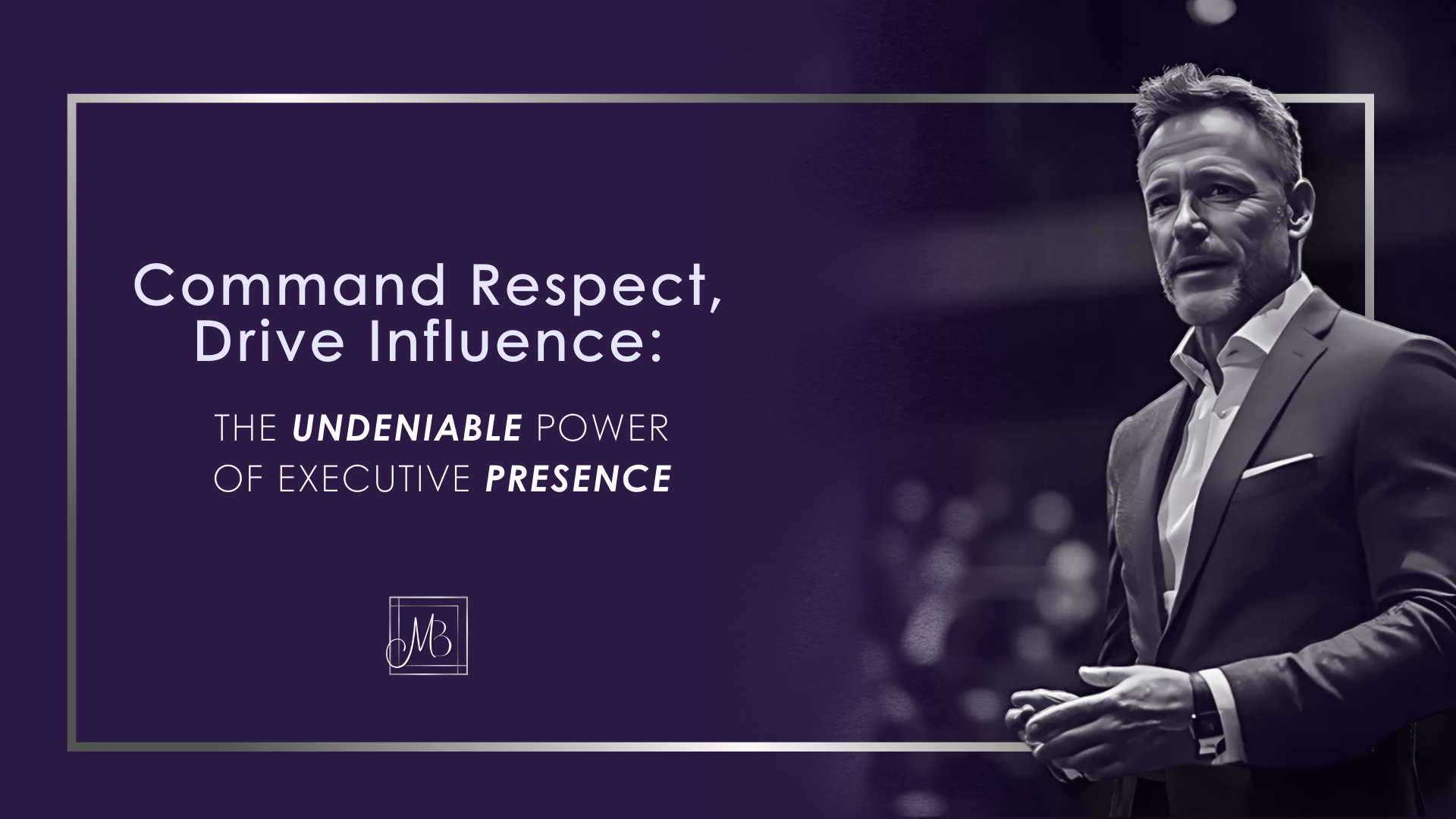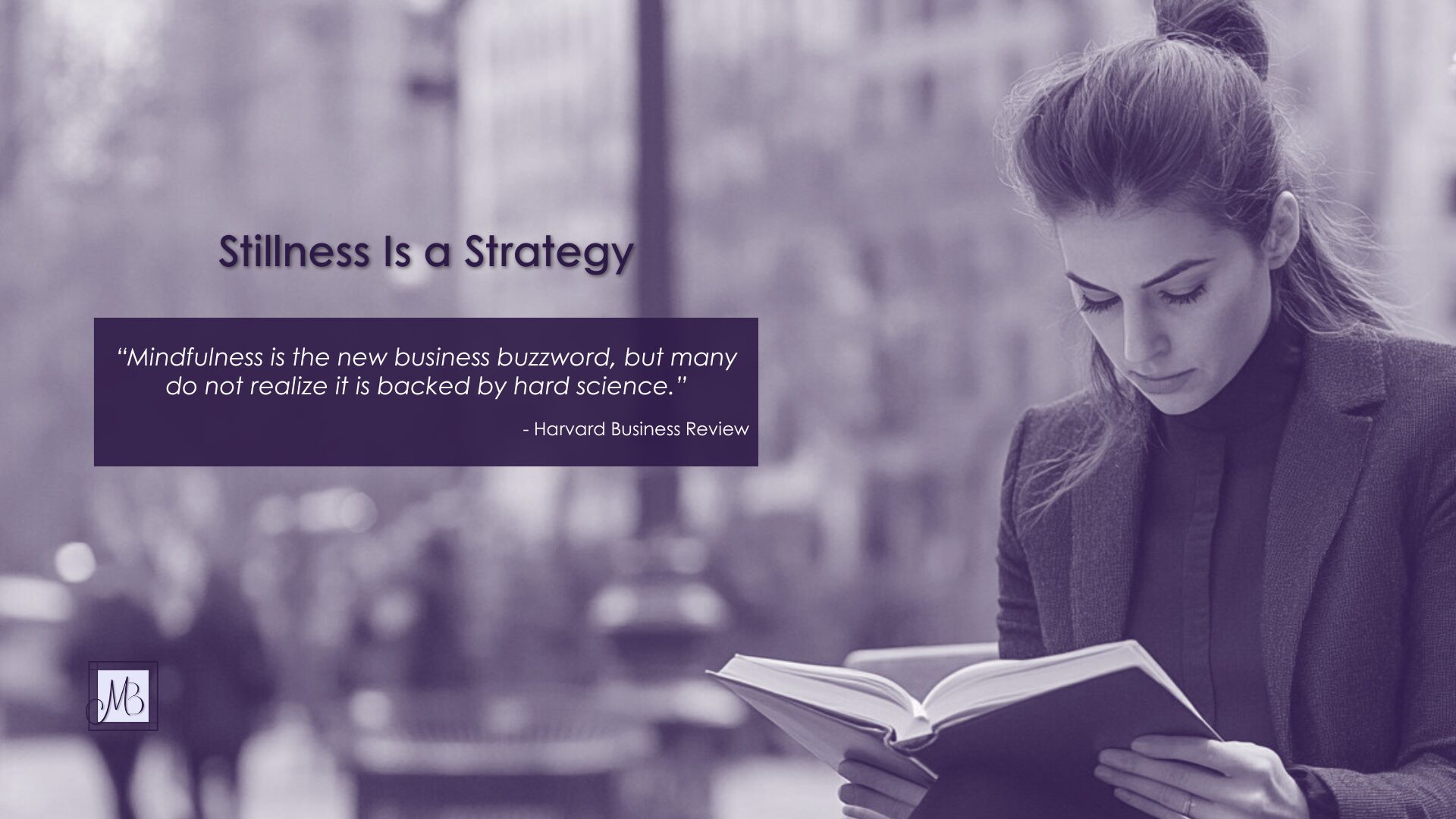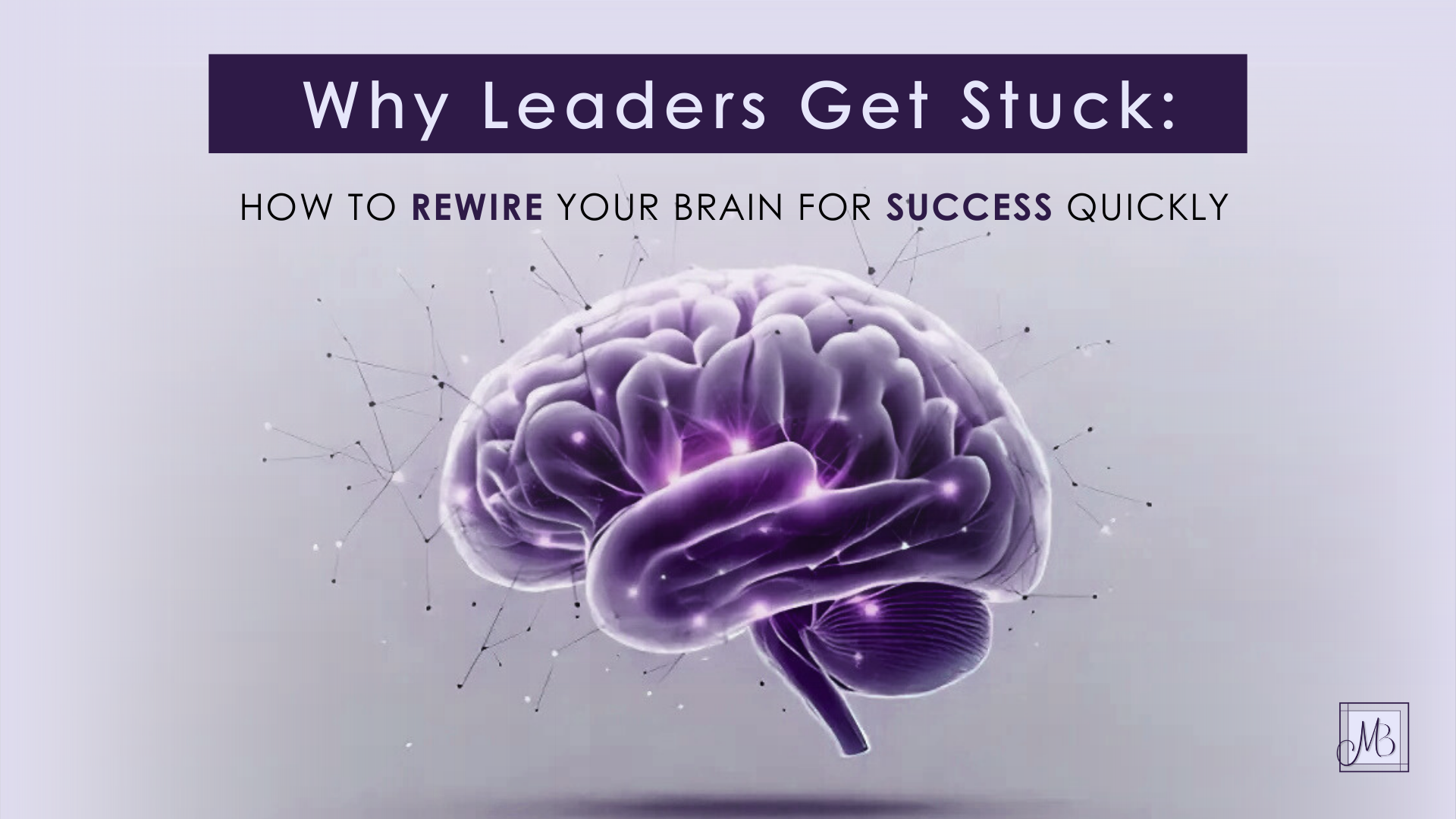Discover how mastering relationship management, the fourth pillar of emotional intelligence or EQ, transforms shallow networking into genuine connection that drives trust, influence, and lasting business success.
Introduction: The Shift from Performance to Presence
Most professionals have been taught to “network.” Shake hands. Collect cards. Make the right impression. But the truth? Networking is often shallow. Relating is where authentic leadership happens.
Relationship management is the fourth and often most misunderstood mastery in emotional intelligence. It’s not about being liked, it’s about being real. It’s how self-awareness, self-management, and social awareness come together and show up in action.
This skill improves your relationships and defines your leadership presence. What does it really take to stop networking, start relating, and build trust you can’t fake?
What Is Relationship Management in Emotional Intelligence?
Relationship management is your ability to influence, coach, resolve conflicts, and collaborate effectively with others. It requires emotional awareness and control, but demands something deeper: presence.
It’s how you:
- Deliver feedback without defensiveness or damage.
- Navigate hard conversations without sugarcoating or steamrolling.
- Inspire action without manipulation.
- Build loyalty without chasing it.
This is where EQ becomes real. Not surface-level networking, but a connection that lasts.
Three Real Stories That Prove It
Over the past few days, I’ve been reflecting on how relationship management plays out not in theory, but in the small, intentional moments that build trust. Here are three recent examples from my own life.
1. The Reconnection That Became a Sounding Board
Over twenty years ago, I met someone in a professional context. Life and careers happened, and we lost touch. But recently, we found ourselves living relatively close by in Florida. One message turned into a coffee chat on Zoom, which turned into a renewed friendship and ongoing support.
We aren’t in business together. We have nothing transactional to gain. But we challenge each other, speak honestly, and offer perspective without an agenda. That kind of relationship networking can’t create, but emotional intelligence can.
2. The Friendly Competitor Who Became a Mentor
A few months ago, I joined a new networking group. I am learning how to navigate the platform and the national element of the group. A connect call yesterday turned into a bit of a mentorship. On paper, we’re competitors. We offer similar services. But instead of rivalry, we have found rapport and a genuine kinship.
They are supporting me without asking for anything in return. That’s EQ in motion—support without pretense, connection without competition.
3. The Local Connection That Turned Into So Much More
I originally met her because a fellow networking colleague mentioned that she was a good person and was interested in the national group I had just joined. We had no big strategy or business goal, but we clicked. In general conversation about what she does, she helped me express what I do for business owners more clearly—in her words, not mine.
It didn’t stop there. She and her husband also run a travel business. She took a task off my list and is planning my Italy trip. That’s what happens when you relate, not network. Generosity meets real connection.
The Principles That Make These Connections Work
What do all these stories share? They weren’t driven by selling, posturing, or strategy. They were built on emotionally intelligent behaviors you can’t fake:
1. Curiosity Over Judgment. Genuine interest is magnetic. Asking without assumptions builds trust faster than any sales pitch.
2. Clarity in Communication. Relating requires saying what you mean, meaning what you say, and doing so with empathy, not ego.
3. Consistency Over Time. Trust isn’t earned in a one-off meeting. It’s built by showing up when there’s nothing immediate to gain.
4. People First, Not Roles First. Whether it’s a competitor or a client, relate to the person, not just the title or opportunity.
Stop Performing. Start Connecting: Why Emotional Intelligence Changes the Game
The corporate world has conditioned us to treat relationships as leverage. However, emotionally intelligent leaders know that actual influence comes from connection.
When you stop networking and start relating:
- You create partnerships that last beyond the project.
- You become the person others turn to, not just work with.
- You lead from presence, not performance.
That’s leadership. And it’s not loud or transactional. It’s steady, sincere, and unforgettable.
Bringing It into Practice
Want to practice better relationship management? Start here:
- Audit your interactions. Are you showing up to connect or to impress?
- Ask deeper questions. Go beyond “What do you do?” to “What drives you?”
- Hold space. Listen longer than feels comfortable. Insight lives in the silence.
- Follow up without an ask. Send a note to say thank you, provide value, or share a thought — no strings.
Conclusion: You Can’t Fake Relating
Leadership rooted in emotional intelligence doesn’t chase connections—it cultivates them. When you stop relying on traditional networking tactics and focus on genuine, people-first engagement, the rewards extend beyond your next business opportunity. Authentic relationship management creates loyalty, opens doors, and builds a reputation of integrity that outlasts any transaction.
In business, the ability to truly relate becomes your differentiator. Leaders who master emotional intelligence inspire more trust, earn greater influence, and foster teams that feel seen and valued. These leaders don’t just manage — they mentor. They don’t just close deals, they create lasting partnerships. This is the real ROI of emotionally intelligent leadership: deeper collaboration, increased retention, and a culture of shared success.
And the personal benefits? They’re just as profound. When you relate instead of performing, you experience less burnout and more fulfillment. You’re not always “on,” you’re just present. That presence creates clarity, connection, and confidence in life and work because the EQ advantage you can’t fake is the one that makes you not only a better leader, but a more grounded, resilient human being.
And when you do? That’s the EQ advantage that changes everything.





















